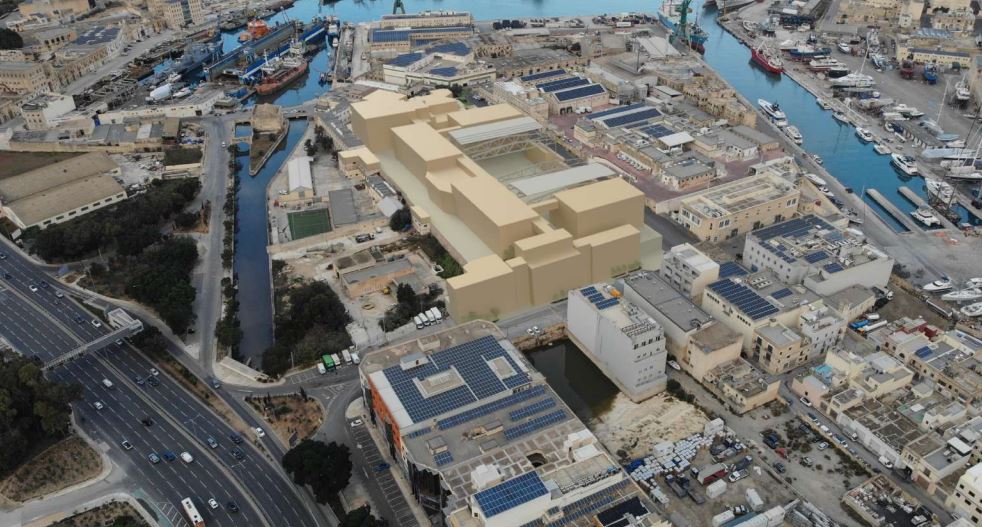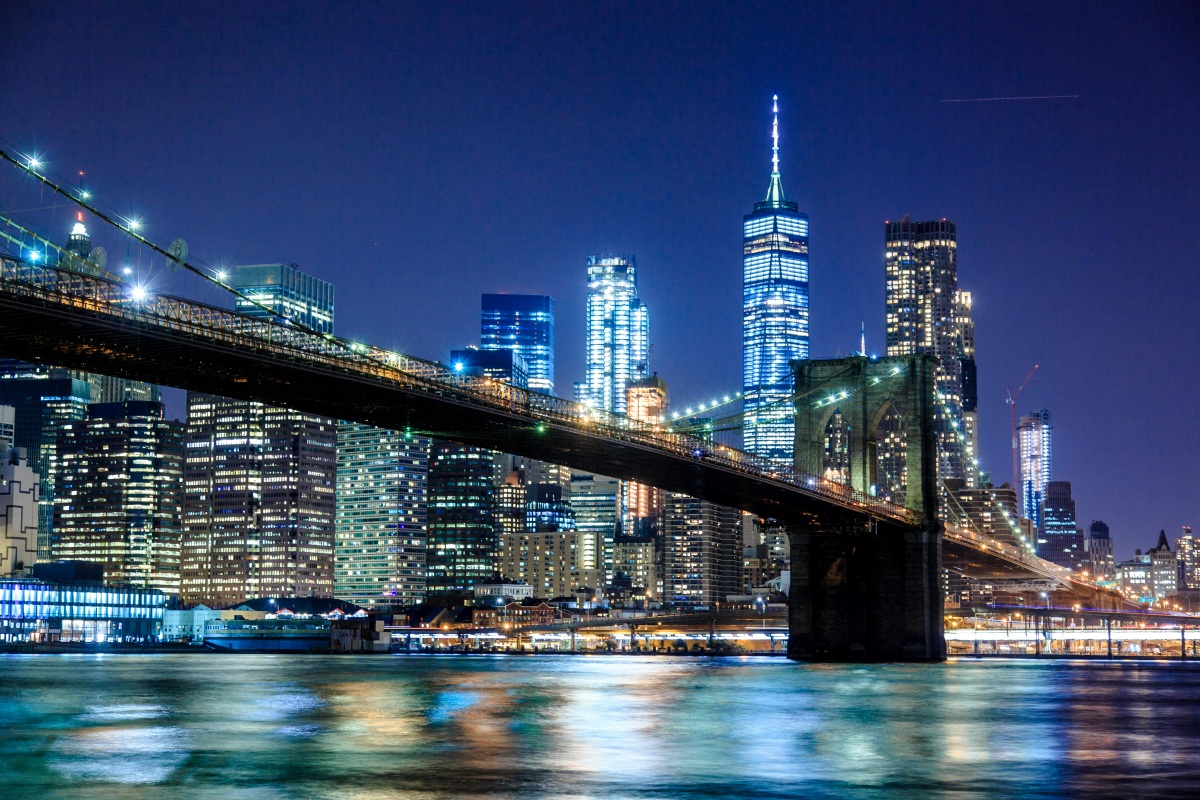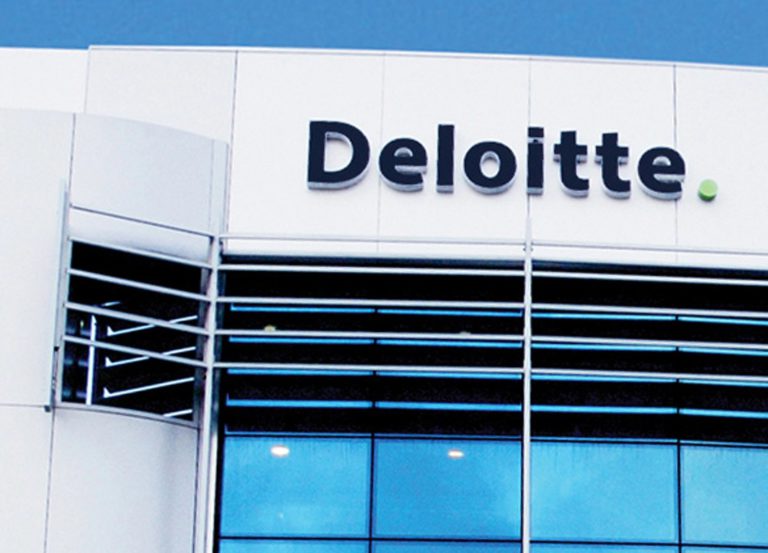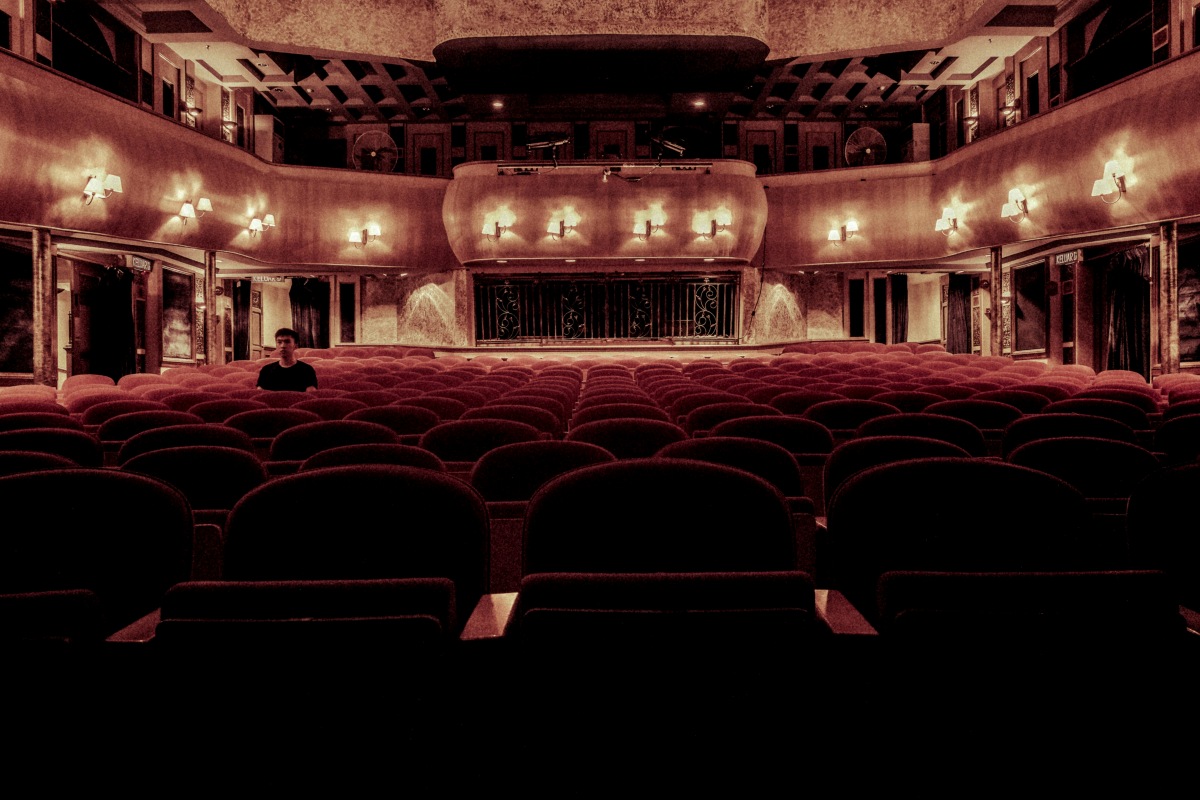The Malta Entertainment Industry and Arts Association (MEIA) is raising concerns regarding the planning and proposed management of a proposed cultural hub in Marsa that received planning approval last week.
Described by the MEIA as a “an important national step in addressing the long-standing need for rehearsal spaces and a centralised hub for culture in Malta,” the new hub in Marsa’s Albert Town area is set to occupy a substantial area and include facilities such as carnival float and costume workshops, 18 rock band studios, dance rehearsal studios, an indoor and an outdoor theatre, a 5D cinema, a museum dedicated to the performance arts, and a cafeteria.
The MEIA said it has long been advocating for the “considerable investment in Malta’s cultural infrastructure,” both publicly as well as directly in meetings with the authorities and the government, especially after this was announced in the governing Labour Party’s 2013 electoral manifesto. considerable investment in Malta’s cultural infrastructure.
However, the MEIA and its members have several concerns and questions regarding the transparency, consultation processes on planning and the proposed management of this new hub.
It is now calling upon the Ministry for the National Heritage, the Arts and Local Government and Festivals Malta to engage in a thorough consultation process with all stakeholders, MEIA included, making all current infrastructural plans, operational management strategy, and impact study public and open for feedback.

The association emphasised on the following points that require further discussion and clarification which need to happen with immediate effect before the implementation of the project.
“Consultation, Research and Design Process: Transparency is needed on who has designed this project and the basis for its design. What research strategies have been conducted to ensure the needs of Malta’s creative community are met? MEIA urges to be included in a comprehensive consultation process involving diverse creative professionals to ensure the hub serves its intended purpose effectively.
“Management and Operations: Clarity is required on how this hub will be managed. Will it be under the control of public cultural organisations? It is crucial to ensure that the management of this space does not become a monopolised centre for public entities, but that it follows a dynamic and collaborative approach.
“Allocation of Space: The rationale behind the large allocations of specific spaces needs to be examined. Given the high demand for studio spaces, and the issues concerning audience development, it is essential to balance the space allocation to meet the actual needs of the creative community and the demands of the public. MEIA urges that the cultural hub be designed to facilitate a dynamic and interdisciplinary use of space. This approach will enable a more holistic integration of arts and culture, fostering collaboration across various creative disciplines.
“Integration and not competition with the Private Sector: There should be a clear strategy on how the new hub will integrate with and not compete against the private sector. What benefits will it offer to independent professionals, organisations, creative businesses and the creative ecology?
“This is not enough. Immediate Solutions required for Creative Spaces: The problem and need for rehearsal and studio spaces cannot wait for a new cultural hub to be developed. Solutions must be widespread and integrated into incentives and the efficient allocation of public spaces. It is almost like saying we should build one school to cater for the population of the whole island. This approach is not feasible and does not address the immediate needs of the creative community. Recent events, such as the loss of rehearsal garage in a Birkirkara complex, highlight the urgent need for immediate solutions.”
“A cultural hub is something we have long sought, and if it is developed with proper consultation and not monopolised by the government, it can be highly beneficial,” said MEIA president Maria Galea.
“However, we cannot build something of such importance without involving the sector and understanding the demand. This is a much awaited project for the community, and it cannot be that the creative community will not be part of its processes.”
She continued: “We cannot fail to also address the current urgent problems, problems that do not need a spend of millions of euro to solve by allocating spaces for creatives right now. The issue has grown and evolved drastically due to rising property prices and ongoing overdevelopment. Affording a space has become nearly impossible, hindering the sustainability of creative practices and businesses.”
MEIA is therefore calling for a level playing field while urging authorities to open conversations that eliminate competition with the private sector.
“It is essential that public and private entities work together to create a healthy cultural ecology,” it said.
“MEIA stands ready to be an active participant in the consultation process to ensure that past mistakes are not repeated and that the new cultural hub truly serves the needs of Malta’s creative community. We believe that with careful planning and inclusive consultation, this cultural hub can become a vibrant centre for creativity and cultural expression, benefiting the cultural sector and Malta at large.”
Malta’s milk heritage celebrated in new book
The book 'captures the rich heritage and evolving story of a product that has nourished generations and shaped local traditions'
Deloitte caught using hallucinating AI in report for Australian Government
The firm has since agreed to refund the final instalment of its contract
Malta eyes Ireland’s permanent Basic Income Scheme for artists as a model for local policy
The initiative provides artists with a steady weekly income, allowing them to focus on their creative work without financial stress






